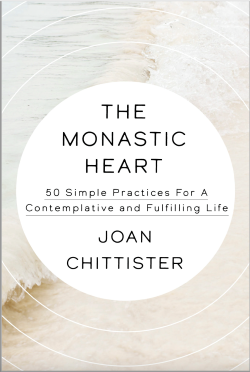Two pieces of the same soul
The sole writing teacher I ever had taught only five things. He said that to be a writer five practices were necessary: (1) Write in the  same place every day; (2) Write at the same time every day; (3) Write the same amount of time every day; (4) If the words do not flow, sit there and stare at the paper or screen till the designated period of time is over, then return the next day to try again; and (5) Never, ever, let anybody read what you have written until it’s finished, otherwise the bubbles will go off the champagne.
same place every day; (2) Write at the same time every day; (3) Write the same amount of time every day; (4) If the words do not flow, sit there and stare at the paper or screen till the designated period of time is over, then return the next day to try again; and (5) Never, ever, let anybody read what you have written until it’s finished, otherwise the bubbles will go off the champagne.
Then he looked the ten of us straight in the eye and ended by saying, “That is everything I can teach you about writing. Now it’s up to you: Get out of here and do it.”
The principles were basic. They were also very precise.
By identifying a certain place in which to write every day, I am setting up a kind of trigger to creativity. My mind knows that when I sit down in this room and this chair, it is time to write. Only write. Nothing else.
By deciding the time at which I will write every day, I am committing myself to one task and concentrating on one task only for this prescribed period.
By promising that I will write for a defined amount of time every day, I put myself under the urgency to produce something. Now and here. Not someday, somewhere.
By allowing ideas to well up in me spontaneously, I am refusing to give up when the ideas don’t come or trying to force ideas that are still embryos within me. Now I am contemplating in order to get ready to write.
By refusing to share my writing with others before it is finished, I am allowing creativity to take over rather than adopt someone else’s ideas. I am making my writing my own.
It is interesting to see that what that process taught me about writing has affected my spiritual life deeply…. I didn’t really figure that out, I admit, until I had immersed myself in the Rule for years. And, specifically, in chapter 52, “The Oratory of the Monastery.” The oratory—the chapel—the very center of our lives, a sacred place, is a place set apart to enable us, when we go there, to sink into God.
Then I realized that all the great things of life, the holy things, the deep and restless and uncertain parts of our souls need our full concentration. Such conundrums need serious reflection and our deepest attention. They need time to grow; they need regular, steady, daily presence. They need to be free from outside distractions. They need a place where we can go and just sit and wait for the Word to move our souls, to touch our hearts, to center our lives. “Let the oratory be what it is called,” the Rule says of the chapel, “and nothing else is to be done or stored there.”
To paraphrase what the professor said, “That’s all that can be taught about the truly spiritual life: Find a space where you can concentrate; take the time every day to rest in God there; stay at it however elusive it may seem on some days; let the ideas come and, if you do these things, you will find your way to the Spirit who is awaiting you within you. Then, you will build a relationship with God that is life-changing. Yours.”
—from The Monastic Heart by Joan Chittister (Convergent/Random House)
